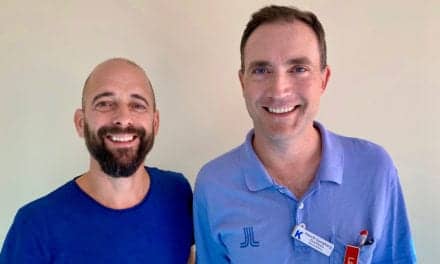The University of Pennsylvania and Applied Cells, Santa Clara, Calif, have entered into a collaborative research agreement to evaluate the company’s multiphysics automated reconfigurable separation (MARS) platform, a cell isolation and sample preparation system, in cancer and immunology research at Penn.
The MARS platform is designed for high-throughput, high-efficiency and high-recovery automated cell separation and sample preparation. Modular design allows flexible configurations to meet versatile workflows for rare cell analysis, immune cell profiling, and cell therapy, with capabilities including target cell enrichment, cell purification, and cell concentration.
“We are excited by the opportunity to evaluate the MARS instrument from Applied Cells, because if we are successful, it will allow us to identify rare populations for diagnostic markers and potentially isolate new cellular therapeutics,” says Jonni Moore, PhD, professor of pathology and laboratory medicine at the University of Pennsylvania. “Applied Cells’ MARS system could be a powerful companion to our cell isolation and identification technologies, and we are very excited by this prospect.”
“Applied Cells is bringing benefit to our customers by enabling successful isolation of target cells from complex blood and tissue samples for broad downstream analysis platforms,” says Yuchen Zhou, founder and chief executive officer of Applied Cells. “Teaming up with Penn, a world leader in medical research and modern medicine, enables us to bring our leading-edge products into the hands of researchers at the forefront of advanced medicine discoveries and help them achieve their goals more quickly and bring greater value to our society as whole.”
For more information, visit Applied Cells.




